Cluster of Electronics and Mechanical Engineering consists of three programs.
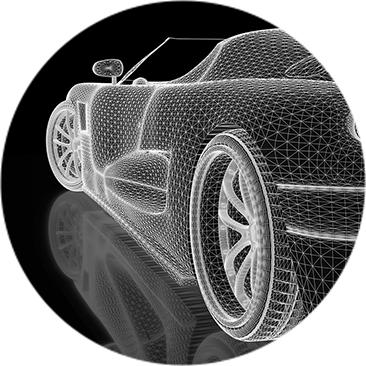
Program of Mechanical Engineering
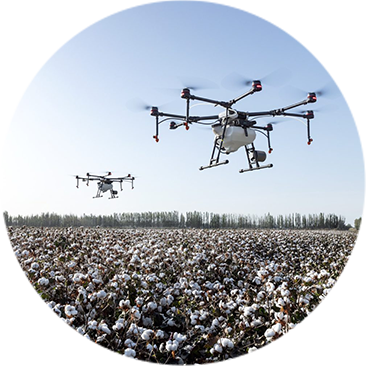
Program of Intelligence and Control
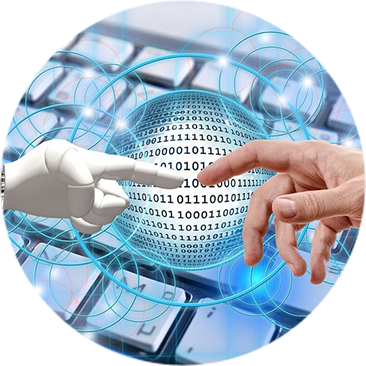
Program of Electronics, Information and
Communication Engineering
Members and Fields of Specialization
Researchers
Application of Fluid Mechanics, Cleaning of Semiconductor Wafers, Visualization and Measurement of Flow Behaviors
Fluid mechanics is a fundamental research field in mechanical science and technology with a wide range of applications, including the aircraft technology, car engineering, cleaning of electronics devices, and control of air pollution. Our laboratory studies a wide range of problems concerned with the cleaning process of semiconductor wafers based on experimental and modeling methods of fluid mechanics. We have also developed quantitative visualization and measurement techniques for fluid flows and some chemical substances. AS application themes of fluid mechanics, we also study micro-bubble flow and liquid atomization phenomena.
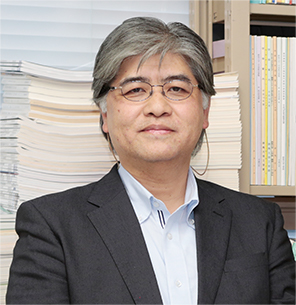
Professor
Kenji Amagai
Industrial application of AI-based control technology
For the next ten years, new technologies such as AI, big data, and IoT evolve and spread in a wide range of fields. Industry structure will also be greatly affected by these technologies. We are developing AI technology-based energy harvesting system, process control system and so on. For example, the self-powered system based on vibration power generation combined with the deep learning technique is applied to drive a wireless sensor node for factory diagnosis. In the process control system, the temperature is precisely controlled by using a learning algorithm based on the neural network.
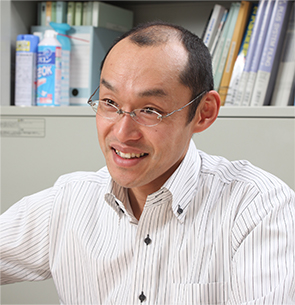
Professor
Seiji Hashimoto
New Arithmetic Circuits and Signal Processing
Computing systems are playing important roles in our daily lives. VLSI chips implementing controlling and computing units are used for real-time processing operations. A cell phone, for example, has high performance not only for communication, but also for viewing video and photo operations. In our laboratory, we are trying to find new VLSI algorithms to implement high-speed computing and controlling systems. Specifically, we present new methods for arithmetic operations using efficient number systems. We also aim to develop and design VLSI chips for self-driving vehicles.
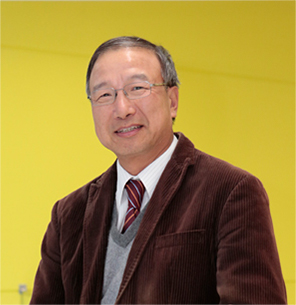
Professor
Shugang Wei
